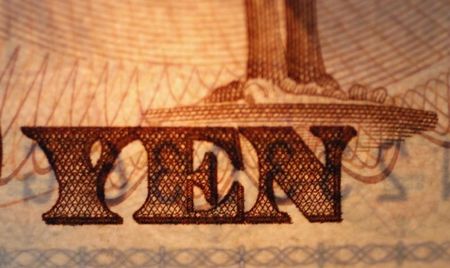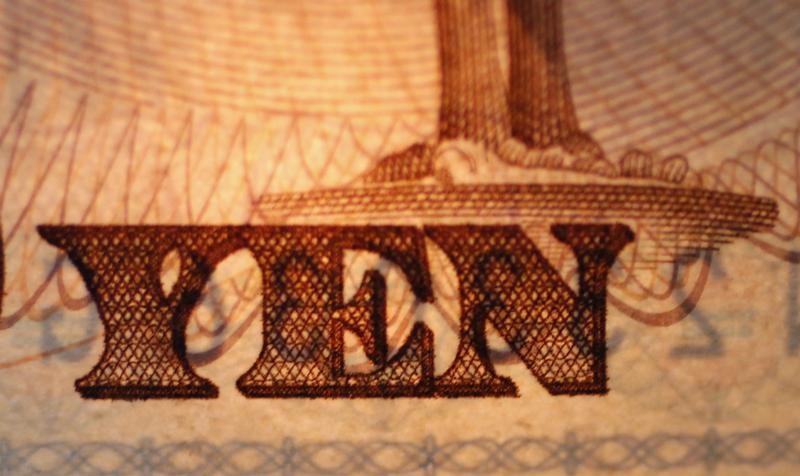
Investing.com – The Japanese yen was fragile on Monday, with USDJPY close to key intervention levels, although government officials repeated warnings that they would intervene to support the currency.
The pair, which measures the number of yen needed to buy one dollar, rose slightly to 159.93 yen on Monday. The pair was close to hitting 160 yen, its highest level in more than 30 years, prompting government intervention in May.
Government intervention in May saw the USDJPY fall to 151. But a combination of weak economic indicators, especially inflation, as well as dovish signals from the Bank of Japan, saw the yen quickly reverse.
The yen’s latest decline was driven by somewhat dovish signals from the Bank of Japan at its June meeting. The central bank kept interest rates unchanged and said it had no immediate plans to tighten policy further and would not make a decision on cutting bond purchases until July.
The move disappointed traders who had been bracing for a more aggressive stance from the Bank of Japan, especially after the bank warned that excessive yen weakness could lead to higher interest rates.
Minutes of the Bank of Japan meeting released on Monday confirmed this view.
The minutes also showed that the Bank of Japan is willing to raise rates further if the economy picks up pace this year. But the data so far paints a mediocre picture of the Japanese economy, which contracted in the first quarter of 2024.
In March, the Bank of Japan raised rates for the first time in 17 years, bringing them out of negative territory after almost a decade. But the move provided little support for the yen, which remained under pressure from the huge gap between US and Japanese interest rates.
Threats of yen intervention continue
The yen’s recent weakening came even as Japanese government officials continued to warn of possible intervention.
Top currency diplomat Masato Kanda repeated his warning that he would instruct the Bank of Japan to intervene in markets in the event of “excessive” movements in currency markets. But he did not comment on whether the yen’s recent movements were excessive.
Kanda said he was ready to “intervene 24 hours a day if necessary.”
Kanda has spearheaded government interventions in the past, most notably the record dollar sales in 2022.


